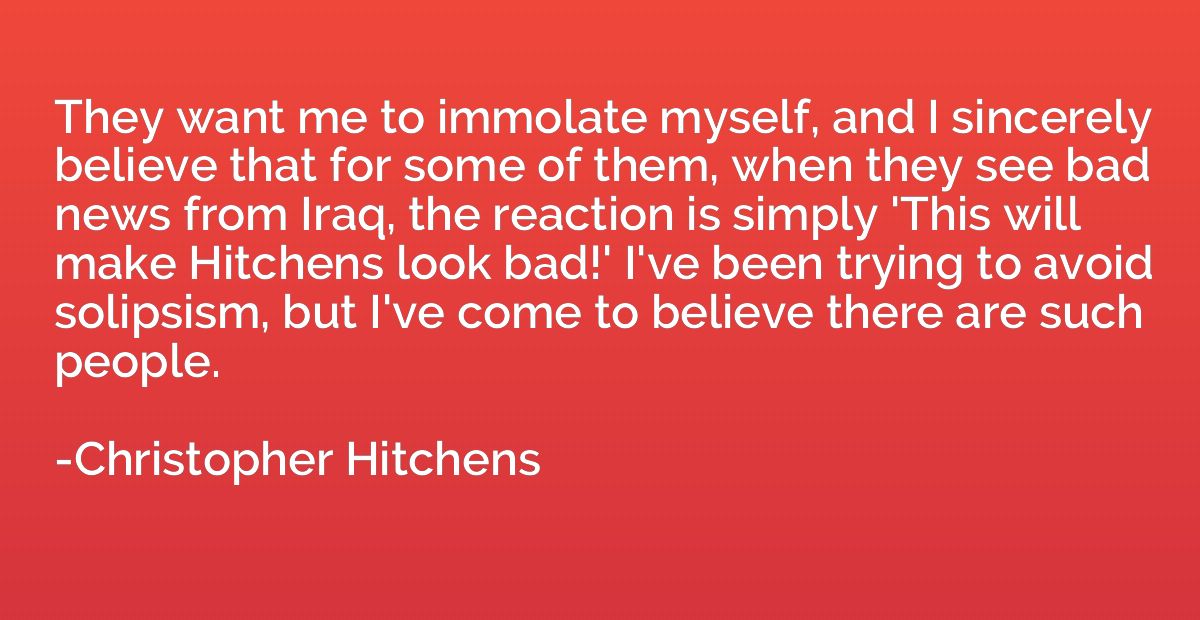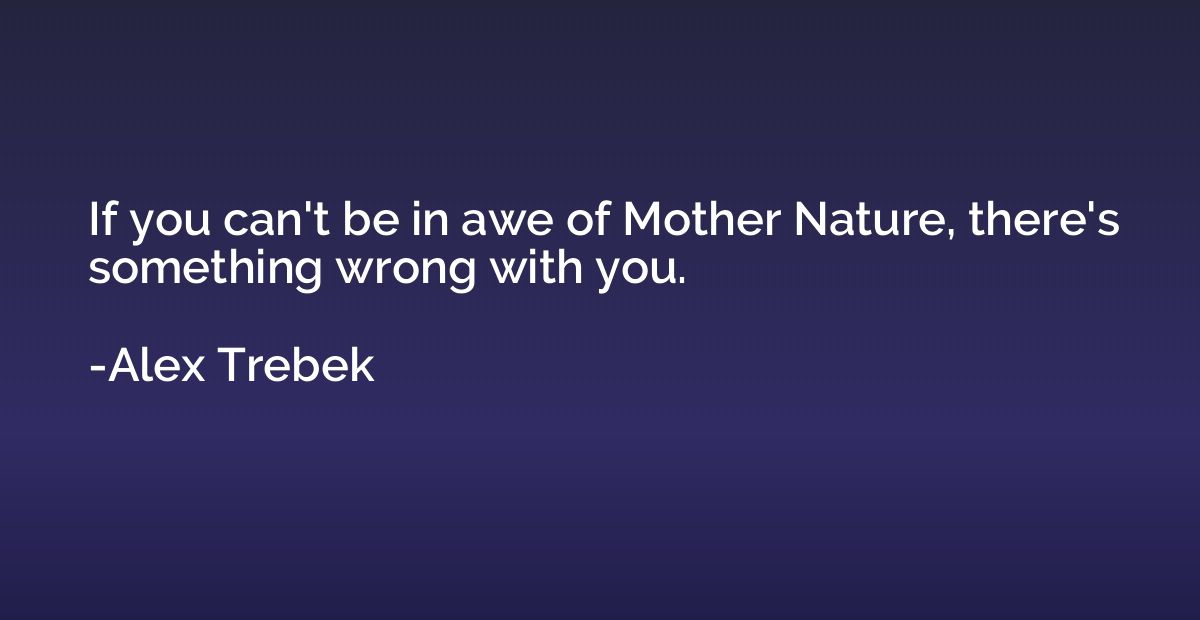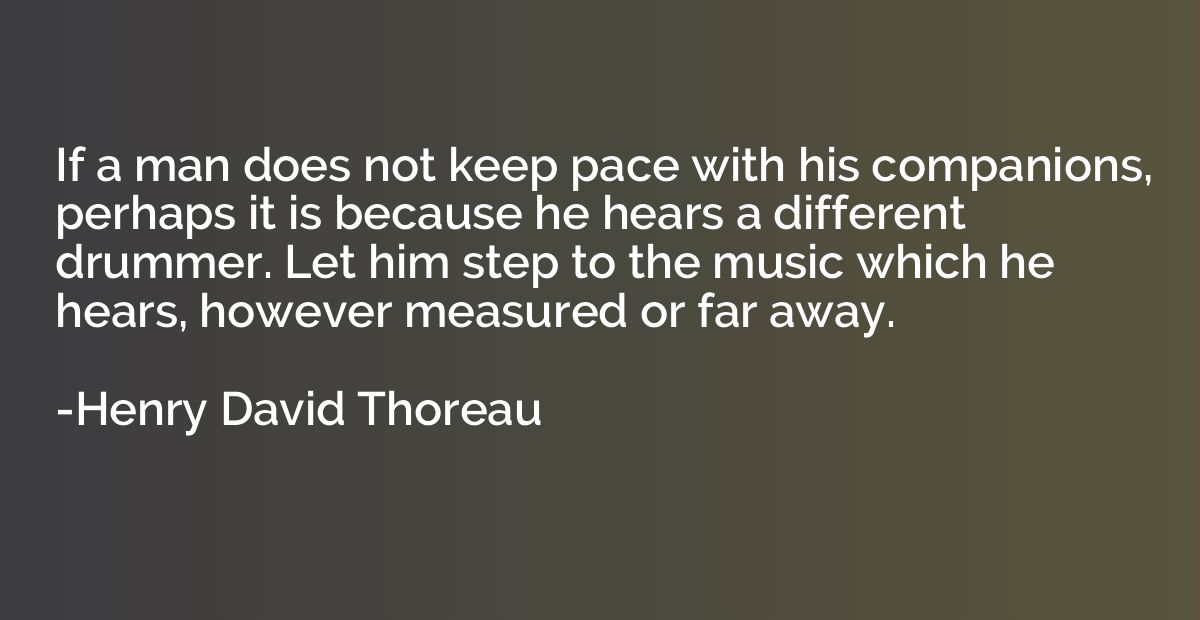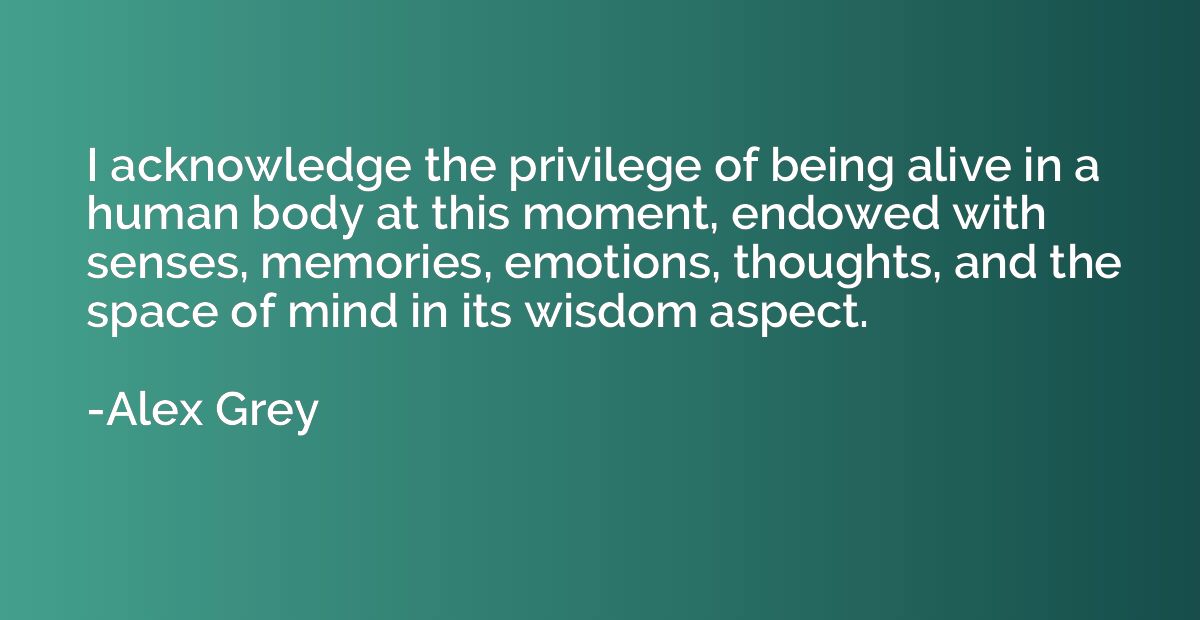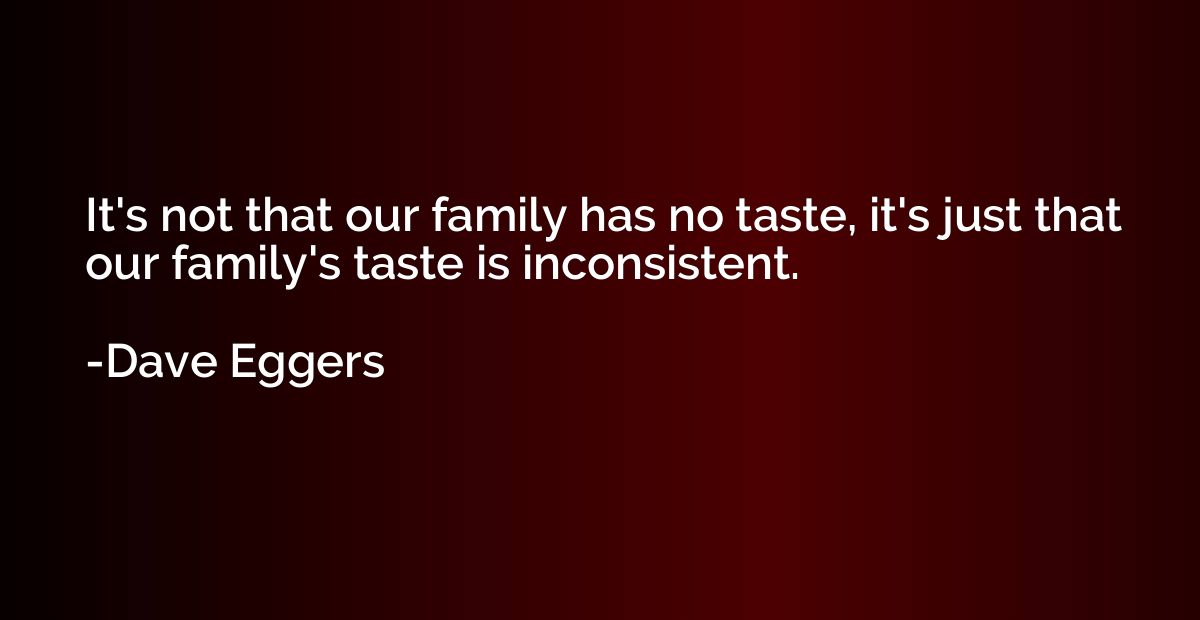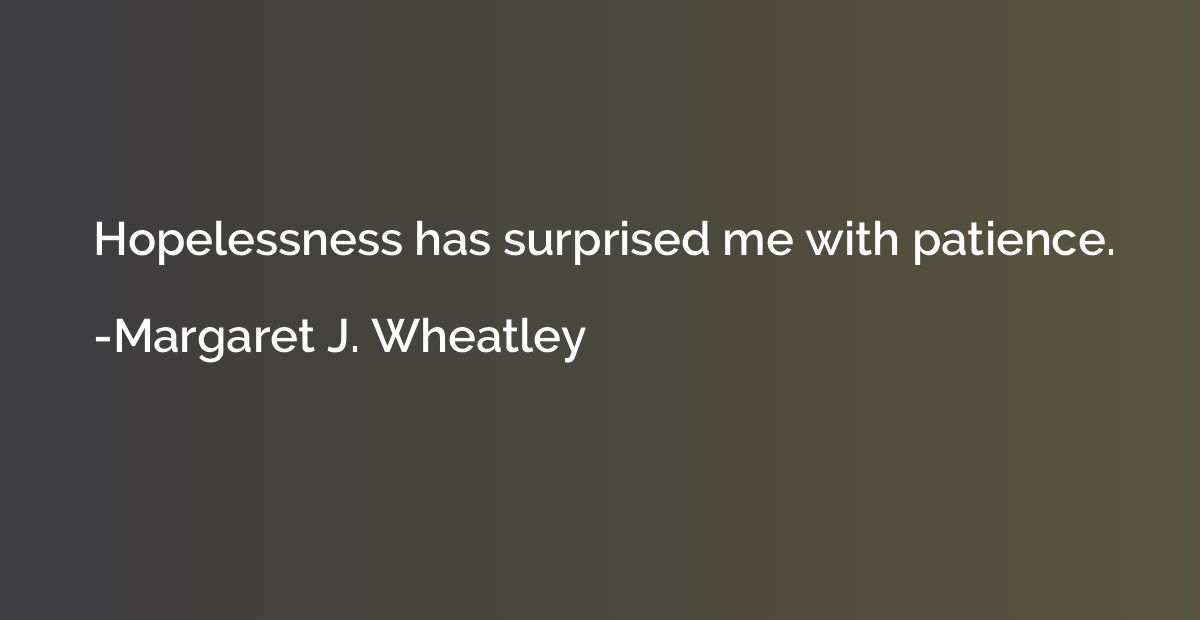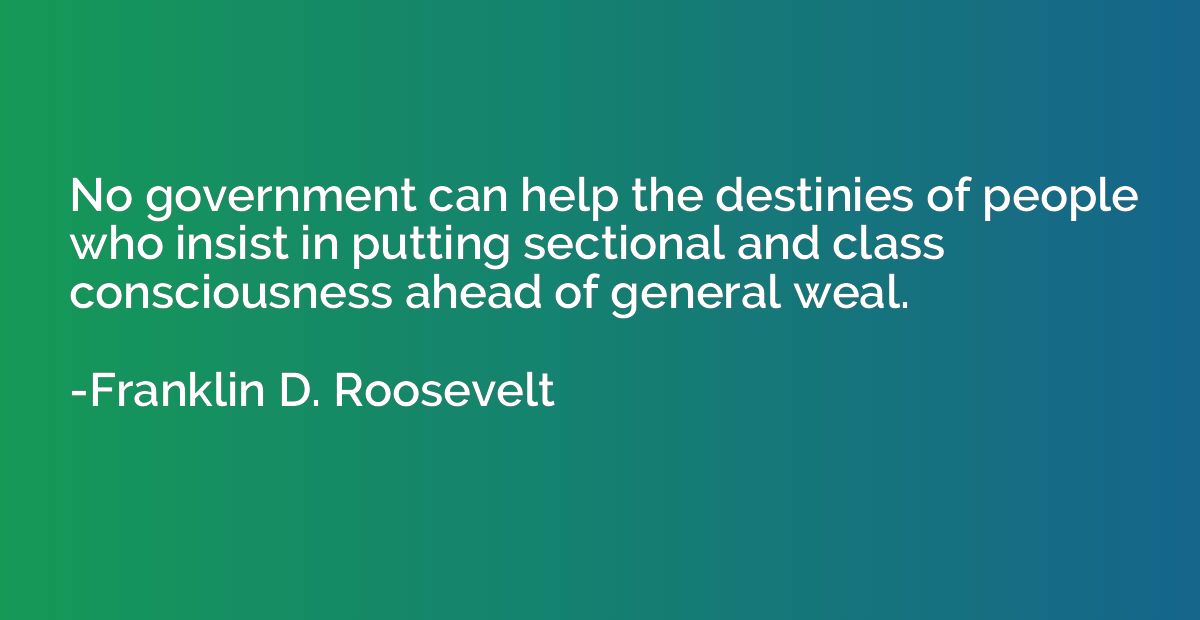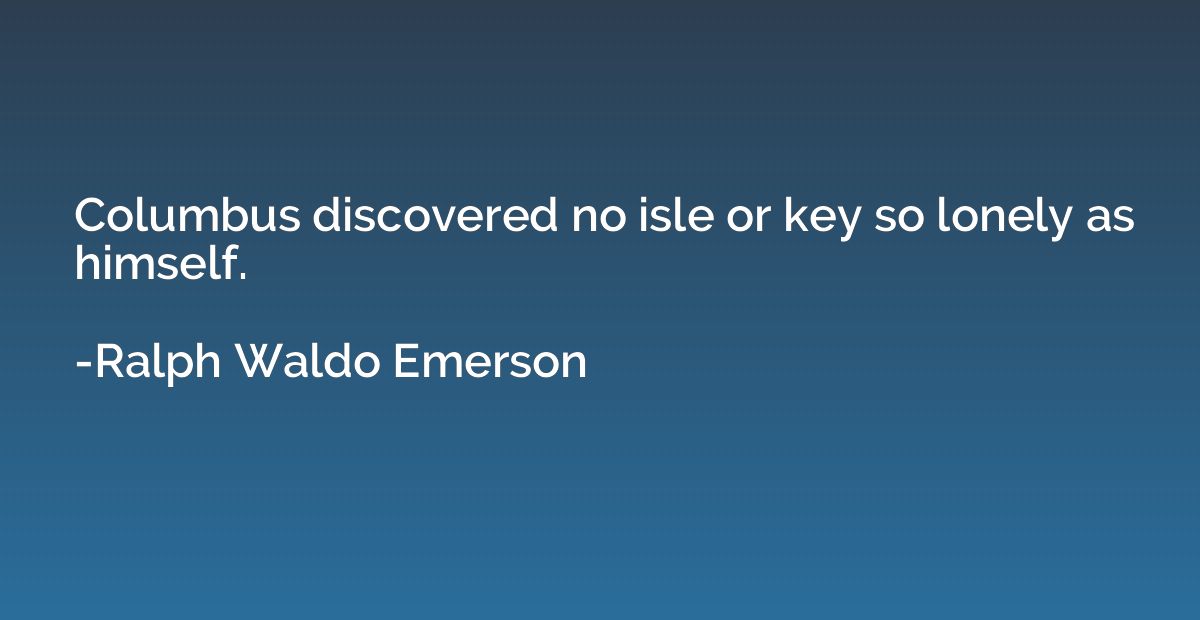Quote by Ba Jin
Loving truth and living honestly is my attitude to life. Be true to yourself and be true to others, thus you can be the judge of your behavior.
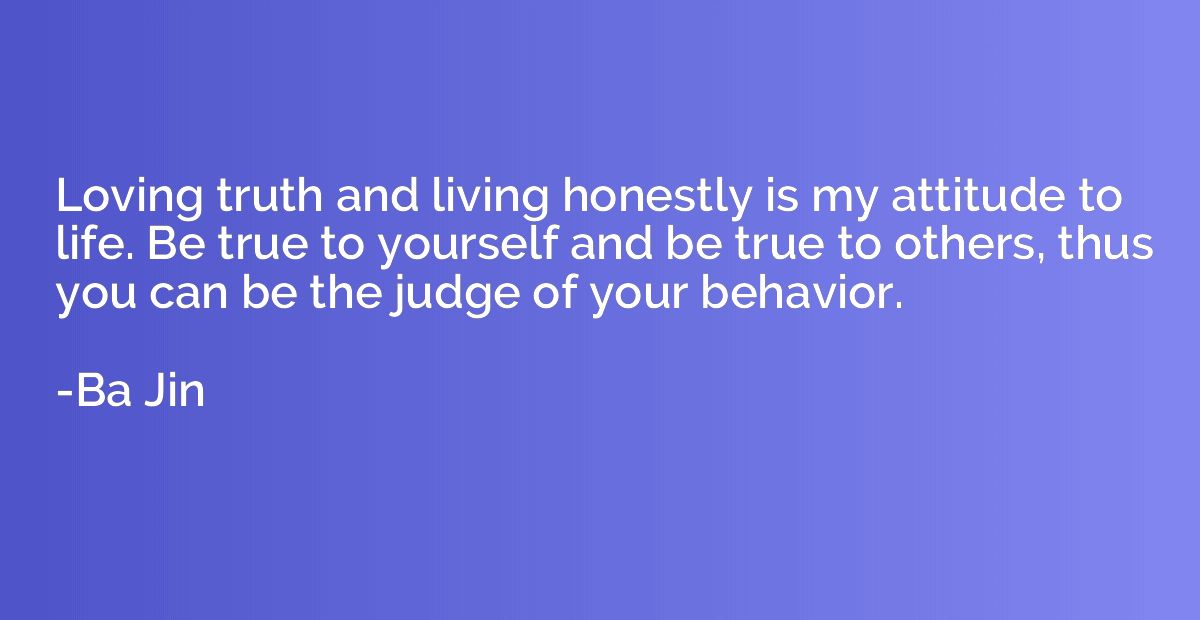
Summary
This quote emphasizes the importance of honesty and authenticity in one's approach to life. It suggests that by loving truth and living honestly, individuals can cultivate an attitude that shapes their behavior towards themselves and others. Being true to oneself means finding the inner integrity to act in alignment with personal values and beliefs, while being true to others implies behaving honestly and respectfully towards others. By embodying these principles, one can become their own judge and discern the rightness of their actions.
By Ba Jin



